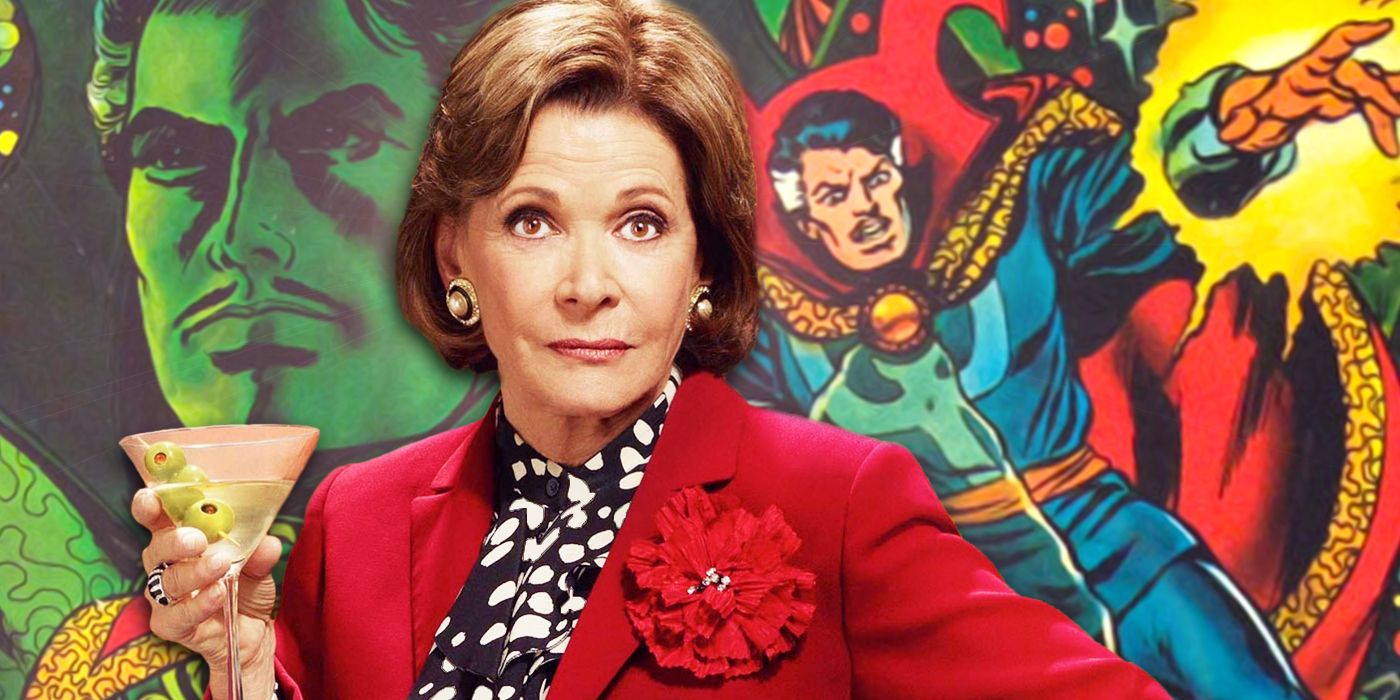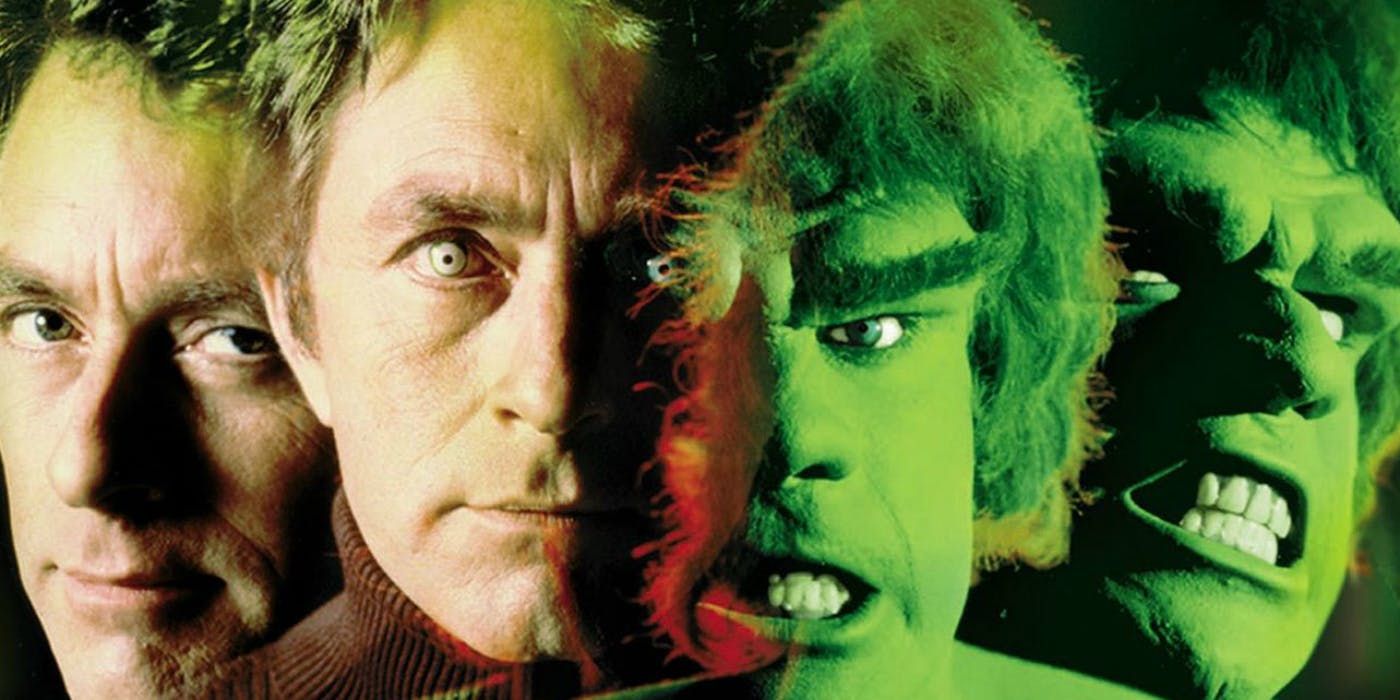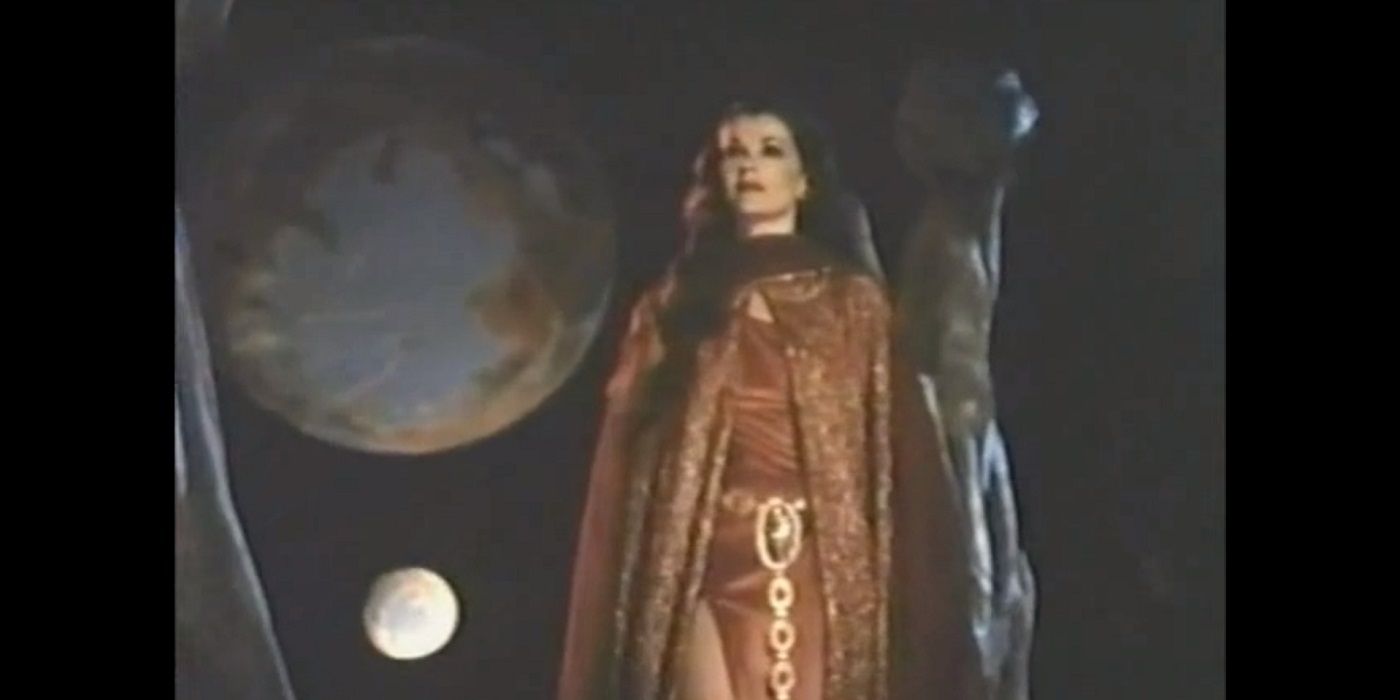The talented and versatile Jessica Walter, whose passing at age 80 was announced on March 25, was best known to modern audiences for her roles in Arrested Development and Archer. But her career stretched back over 60 years and included over 161 credits, one of which is of particular interest to fans of Marvel. Dr. Strange – a 1978 TV movie version of the famous comic book sorcerer – featured Walter as the central villainess. Watching it today demonstrates not only the versatility of her career, but how far Marvel has come in the ensuing decades.
Walter had worked in television for almost two decades by then, and indeed had already appeared in a TV comic book project: guest starring on the Lynda Carter Wonder Woman show in 1977. At the time, she was perhaps best known for the feature film Play Misty for Me, in which she went full femme fatale as a stalker obsessed with Clint Eastwood’s amiable DJ. That was the energy they wished to tap for a very different version of Dr. Strange than the one in the MCU.
Marvel Was Hoping to Capitalize on The Incredible Hulk
Universal Television had picked up the rights to a number of Marvel characters in the 1970s, which resulted in a pair of Captain America TV movies, the Spider-Man live-action TV series, and most successfully The Incredible Hulk with Lou Ferrigno. Dr. Strange came as a part of that package: intended as a pilot, and instead aired as an instantly forgotten TV movie.
Walter played Morgan le Fey, Strange’s nemesis in the film, who sought to claim the mantle of Sorcerer Supreme. She spoke about the movie and the experience of making it with The Hollywood Reporter in 2016. In particular, she mentioned the sophistication of the production at the time. “It was really done in a spectacular manner… we went over schedule by several days because of the effects.” Stan Lee similarly praised the film for its commitment to the character and for attempting a respectful adaptation instead of an embarrassment. It was a sign even then that Marvel had significant ambitions for multi-hero properties and wanted to build on the success of shows like The Incredible Hulk into something closer to what became the MCU.
Ironically, that contributed to Dr. Strange’s failure. In its efforts to take a serious tone, it became exceedingly slow and unduly cerebral, with a lot of needless dialogue punctuating long stretches between action scenes. It strays from the character's origins in key points – Arthurian origins instead of something more out-there, for example – and it was keen to present itself as a supernatural thriller rather than a superhero movie. The odd tone couldn’t get through to audiences, and an airing opposite the groundbreaking Roots didn’t help.
Walters Showed a Lot of Range in a Thankless Role
Walters’ performance is indicative of the mixed tone, and in fact her range helps cover over some of the movie's more egregious sins. But for those accustomed to her comedy work, it’s striking to watch her tackle straight drama in this context. She’s alternately scheming, imperious, duplicitous and even smitten (she falls in love with Strange), all while moving the story forward with periods of thankless plot exposition.
Essentially, it’s strange. But it’s also a good way to see the caliber of actress we lost. She stepped up and did her job, helping to make an ambitious (if ultimately unsuccessful) project better by her presence. Sam Raimi’s Dr. Strange in the Multiverse of Madness promises to bring back a number of figures from pre-MCU movies. Though an unlikely addition even had she lived to perform it, her presence in such an effort would have felt right at home.



